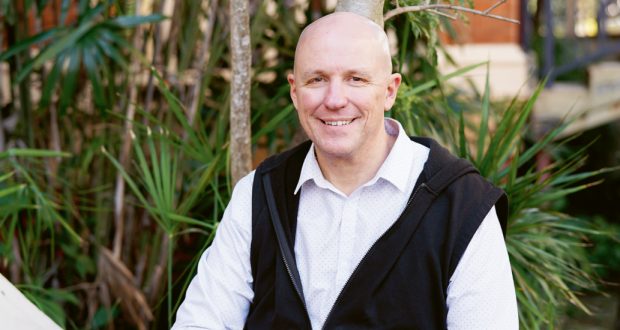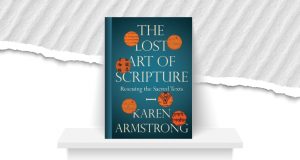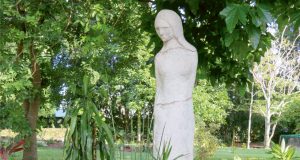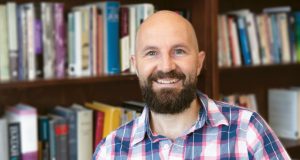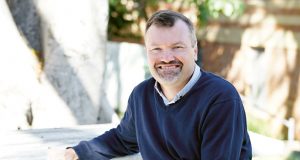Rev John Cox, inaugural Director of the Uniting Church in Australia’s National Safe Church Unit, talks to Journey about his new role. John previously served as Executive Officer of the National Royal Commission Response and Engagement Task Group, the group that guided the Uniting Church’s national response to the Royal Commission into Institutional Responses to Child Sexual Abuse.
What is the background to the National Safe Church Unit?
The Uniting Church took a proactive stance to engaging with the Royal Commission and the work of the national task group was to make sure that the commission had what they needed from the church, and that the church learned from the commission.
In the last year of the commission’s work the national task group transitioned to be more forward facing—asking itself the question, how do we implement what we’ve learned in and through the life of the church?
The idea of a national safe church unit grew out of that. It’s a unique collaboration between all of the synods and the Assembly, so it is owned by the councils of the church, which gives it a level of responsibility to drive change in and through the life of the church.
What can we expect from the unit?
The new body is about cultural enhancement in the life of the church; how do we understand ourselves as church, what does safety mean and how do we live that out?
Our role is to resource the church to provide safe contexts in which people are nurtured and can engage the possibilities of faith in Christ. This is the call to be a Christian community. The unit’s work is intended to sit right across the church, not just the congregational life but also the agency and the school life of the church.
So, this work is about supporting the church to be who we are called to be through the creation of strong evidence-based policy frameworks and resources, further collaboration across the church to create consistency in processes and enhance our education and training, and sharing information to create the checks and balances the church needs to ensure safety.
Do most Uniting Church members accept the reality of abuse in our churches?
I think across the life of the church we have people in congregations, lay and ordained, whose experience and understanding is that this could never happen here.
The Royal Commission said one of the biggest hurdles to adequate reporting on child sexual abuse was the belief that the person working at the next desk could never do something like that.
That’s a challenge for the church, as we understand people of faith to be people of integrity as we know them in a particular sphere.
My experience is that it’s not so much the looking back and saying, I don’t believe that. The struggle I think is here and now—yes, we accept that it happened there and then—but that would never happen now!
The checks and balances certainly help, but in my view safe church culture rests with every member of the church owning a responsibility to ensure that it’s a safe space.
Helping the church to understand that a percentage of abuse is perpetrated by people intent on undertaking that behaviour but there’s also abuse that happens when boundaries are lax, when opportunities are presented, is going to help us to be that safe community.
What drives you to continue working in this difficult space?
The dissonance between what I heard and experienced at the commission and what I understand the church to be called to be—this is what drives me. You hear stories and you think to yourself, how on earth could we allow ourselves to not be who we were called to be, to allow that to happen?
I understand some of the contextual differences that contributed to abuse, the power and position of leaders, the place of children … so I understand functionally how that happened. However, this has not magically stopped … and this is not who we are.
We have moved a long way since some of the stories I’ve heard—but I strongly believe that following Jesus involves being a community of Christ in which people are nurtured and loved by God and by each other, and that being a safe church is one significant part.
 JourneyOnline
JourneyOnline
